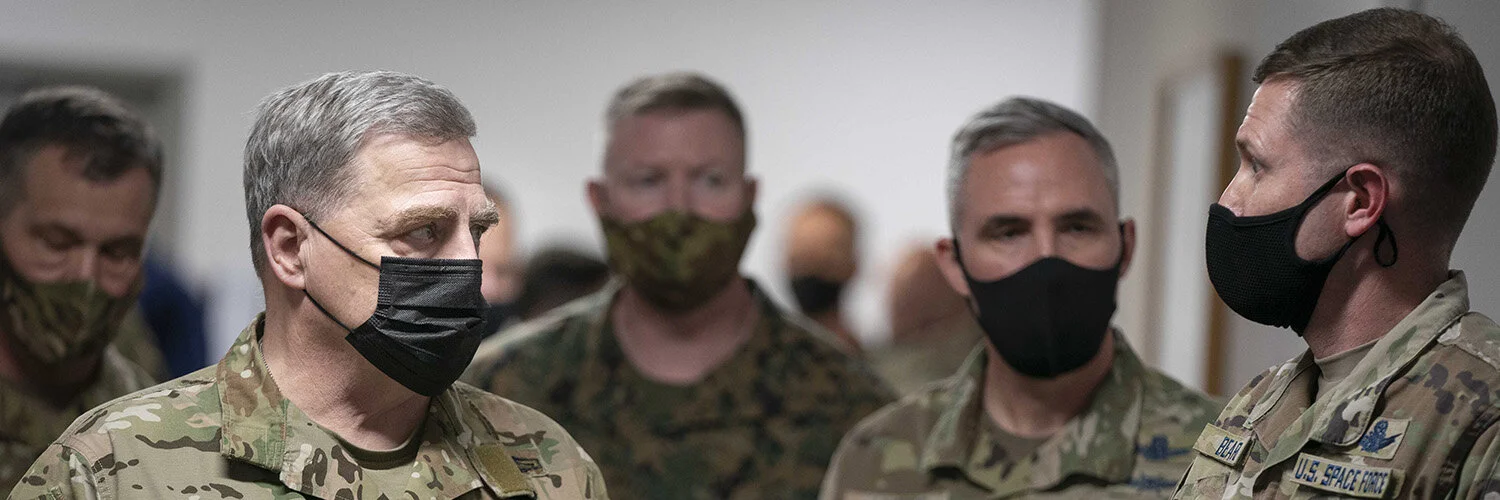When General Dempsey pondered what comes after jointness, he was trying to see over the horizon towards our next era of struggle. That era has come. From the levée en masse to mechanized warfare and the advent of the networked world, social and technological revolutions have underpinned the great conflicts of the past. Another such inflection point looms. Gray-zone warfare, the blurring line between war and peace, and the boundary-erasing zeitgeist of social media all point to a rapidly changing security environment. The joint force must not wait to be dragged into the future, but rather act as the vanguard of change. Recognizing the paradox that increased deterrence can result in decreased security will be key.
Prioritizing Jointness in the Next National Security Strategy
The next National Security Strategy must make operational integration a priority. Such integration would provide the requisite foundation for driving the organizational reforms necessary to revamp doctrine, enhance the planning and execution of operations, and the conception and development of systems and platforms to best achieve U.S. strategic goals. This is not to argue for abolishing America’s traditional armed services but rather to reduce their distorting focus on the tactical level of war. It is time to recognize that twenty-first-century conditions require that strategic and operational capabilities need to be developed and utilized by women and men whose training, background, and education are not tied to the services' parochial imperatives.
Towards Unity of Effort: Reforming the U.S. National Security Enterprise
Despite demonstrating excellence in their own fields, agencies and departments within the U.S. national security enterprise lack a cohesive structure to bind their efforts together. Today’s challenges require a single unified approach and by restructuring the national security enterprise, the U.S. can be more effective at addressing its national interests in today’s complex world.
Joint Action: A Personal Theory of Power
Despite the historical success of joint action, many professional warriors and strategists continually debate which military function is most decisive in the termination of war. Even today, some question whether it is indeed worth the effort to work through the complications of combining competing strategies into effective joint action. My personal theory of joint action proposes an artful blend of both sequential and cumulative strategies to conduct unified operations that most effectively achieve our national objectives. Strategic effect is reduced when either cumulative or sequential strategies are parochially subordinated to the other, since there is no single, decisive function, service, or role in war.





